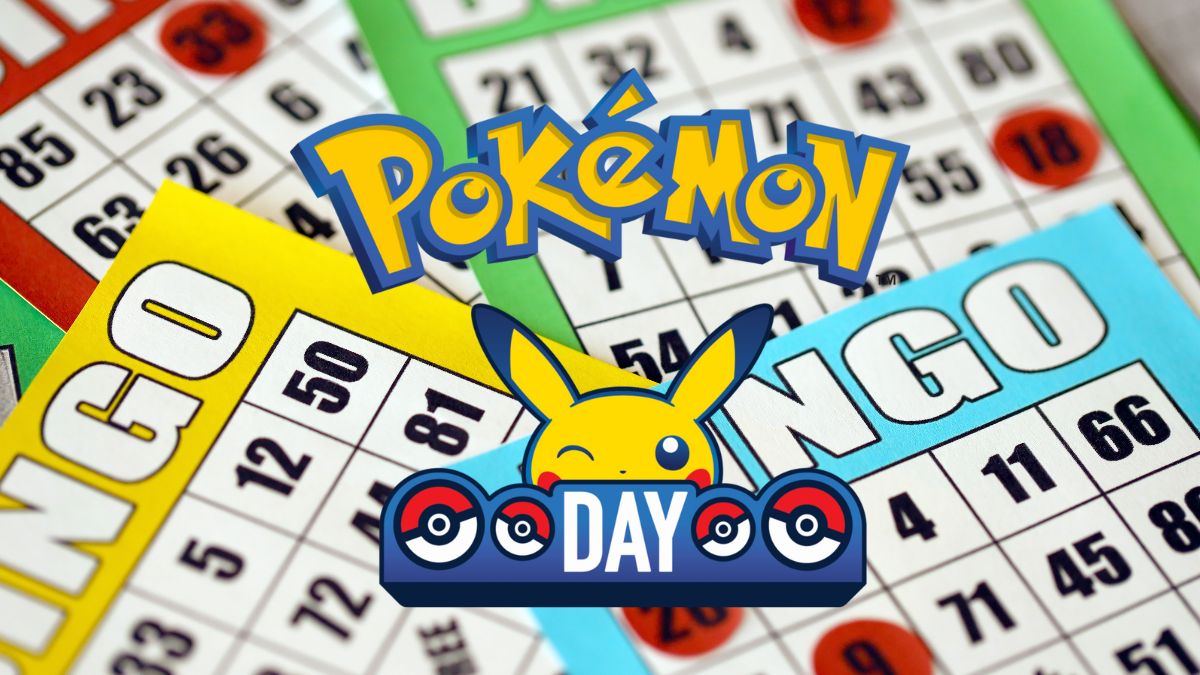Gaming disorder is now an official entry in the Classification of Diseases (ICD), an index of international standards for medical diagnoses published by the World Health Organization (WHO).
Gaming disorder is now an official entry in the Classification of Diseases (ICD), an index of international standards for medical diagnoses published by the World Health Organization (WHO).
This follows up a previous report by the WHO on Dec. 27, 2017, when it first announced that it was looking at adding the disorder to the ICD-11.
The updated manual was published on June 18 and categorizes gaming disorder as an “addictive disorder,” akin to gambling. The ICD-11’s entry on gaming disorder does, however, make a distinction between the average gamer and those suffering from gaming disorder.
“Studies suggest that gaming disorder affects only a small proportion of people who engage in digital- or video-gaming activities,” the entry says. “However, people who partake in gaming should be alert to the amount of time they spend on gaming activities.”
A person begins to have a disorder when they place the activity before other needs. Another symptom or warning sign: When a person continues playing, or even increases their playtime, despite experiencing negative consequences for their behavior.
The third characteristic of gaming disorder is deterioration in the afflicted’s social, educational, or occupational sphere. The three symptoms are very similar to that of gambling disorder. “[Gambling] is another category of clinical conditions which are not associated with a psychoactive substance use but at the same time being considered as addictive as addictions,” Dr. Vladimir Poznyak of the WHO’s Department of Mental Health and Substance Abuse told CNN on June 18.
The inclusion of gaming disorder into the ICD-11 is predicated on creating a framework for health professionals so that they can ensure that any patient exhibiting the symptoms can receive the help they need.









Published: Jun 18, 2018 08:52 pm